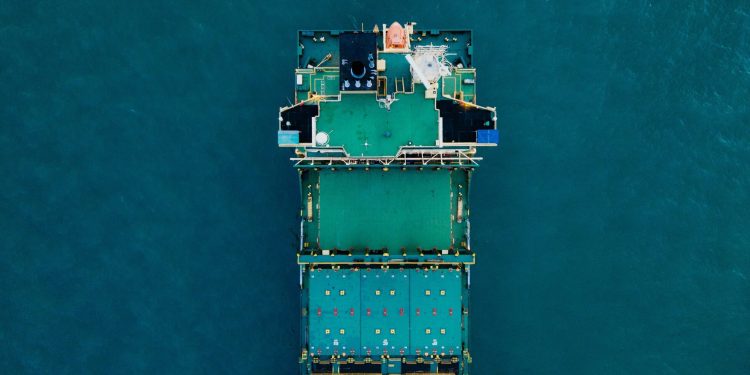The Sea Cargo Charter (SCC) is expanding its scope four years after its inception. With 37 signatories already on board, this expansion aims to increase the initiative’s impact on transparency and shipping decarbonisation across the entire industry by allowing charterers and shipowners to monitor and report their emissions under a common framework.
The Sea Cargo Charter provides a common, global baseline for assessing and disclosing the climate alignment of chartering activities of charterers and shipowners. It enables signatories to quantitatively evaluate and disclose whether their chartering activities align with internationally adopted climate goals, thus serving as a crucial tool to support responsible decision-making.
What is the Sea Cargo Charter?
The Sea Cargo Charter is a global framework for assessing and disclosing the climate alignment of chartering activities. It establishes a common, global baseline to quantitatively assess and disclose whether chartering activities are in line with adopted climate goals. Thus, it also serves as an important tool to support responsible decision-making.
The expansion of the Sea Cargo Charter to fully include shipowners signals a new milestone in the global endeavour to decarbonise shipping. By uniting owners and charterers under a common framework and methodology, we hope our initiative can further enhance transparency and foster collaboration across the industry, thereby amplifying its impact.
…said Rasmus Bach Nielsen, Sea Cargo Charter Chair and Global Head of Fuel Decarbonisation at Trafigura.
The Charter, launched in 2020, establishes a common baseline and enables charterers and now shipowners to assess whether their activities align with internationally adopted climate goals, as outlined by the International Maritime Organization. This expansion to shipowners is about increasing impact and maximising collaboration between business partners, intending to expedite the transition to decarbonised shipping through more transparency across the whole industry. Notably, the Sea Cargo Charter is consistent with the ambitious goals set by the IMO’s 2023 GHG Strategy. Signatories will measure their climate alignment against the latest 2023 IMO ambitions for the first time in its forthcoming annual report, scheduled for publication in June.
By enabling broader collaboration within the Sea Cargo Charter, we are forging a new path committed to sustainable practices and transparency for the industry. Widening access to the Charter acknowledges shipowners’ crucial role in reducing shipping emissions, enabling key stakeholders to report transparently within a unified framework and gain crucial data-driven insights to reduce emissions.
..said Eman Abdalla, Global Operations & Supply Chain Director at Cargill Ocean Transportation.
To remind, in December 2023, SCC announced its intentions to adjust its reporting objectives, aiming to synchronize its direction with emission reduction targets following the IMO’s updated GHG strategy.

































































